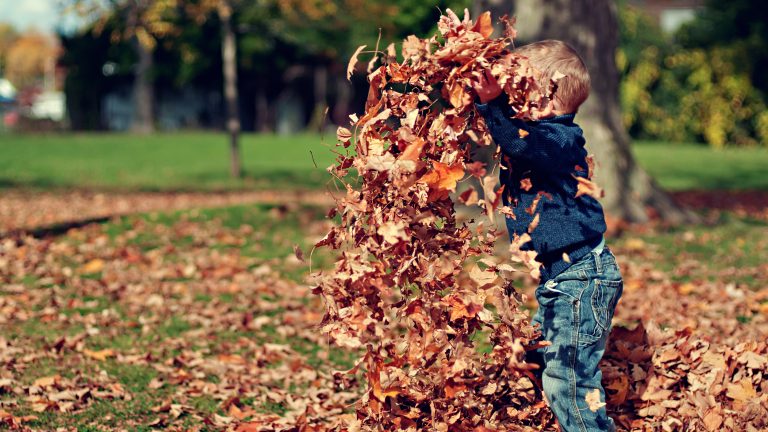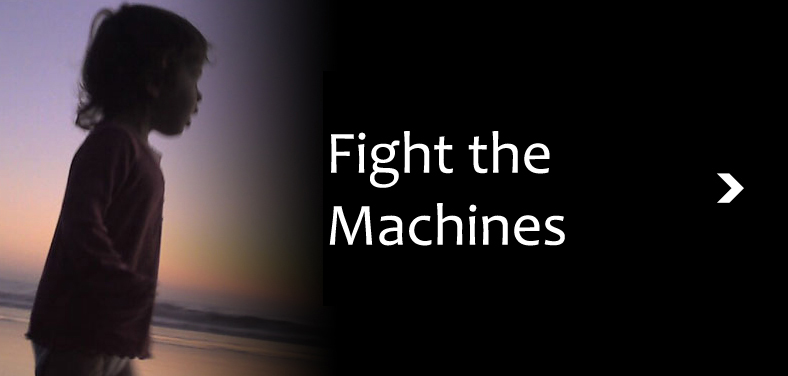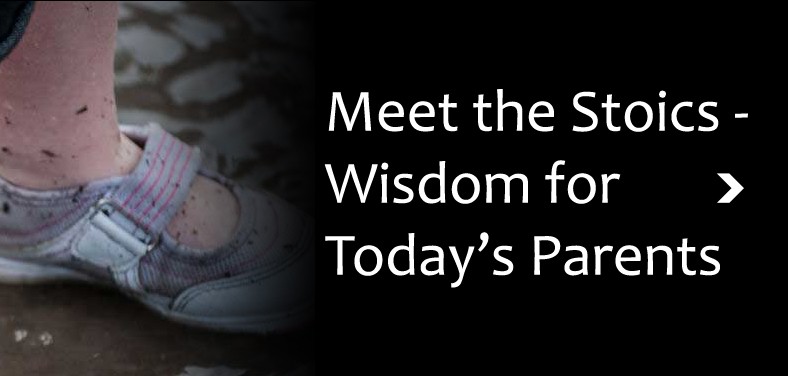Book Report
Easy To Love, Difficult To Discipline: , by Becky A. Bailey
How many of us, listening to ourselves responding to a tantruming toddler, have felt inept? Sometimes our kids click and flow, but other times they are free-range monsters, and sometimes our behavior makes theirs worse. Via Ellen I found Becky A. Bailey’s book Easy to Love, Difficult to Discipline, which provides a framework for (believe it or not) becoming a better parent by turning your whole life around. For the less ambitious, it offers plenty of practical tips, some of which I will highlight here for those of you who have time to read this, but not the book. I will put Bailey’s Bits of Wisdom in italics.
For better or worse, this book is packaged in the classic American Self-Help style. It has lots of lists: The 7 Powers, the 5 disciplines, the 6 stages; it has a 6 week program for self-improvement; and it offers a jacket blurb from author with both “healing” and “addiction” in her title. While I found some of the lists incoherent, the book is punctuated by tidbits of practical wisdom and, to my delight, soulful wisdom packaged as practical wisdom. Bailey is not afraid to tell you what to do, and, frankly, some of her stuff didn’t ring true or at least begged further discussion – it would make a great book group selection (hint).
Bailey’s main points are thus:
- Parent, discipline thyself!
- Self-control, perception management, discipline, teaching, and behavior are intertwined in a dance of development.
- Conflict is necessary – and it’s the best opportunity to teach.
- You can’t teach a kid a skill you don’t have – and self-control is the core.
- When you start modeling self-control all the time, your kids and your relationship with them will become transcendent, blissful and world-changing (seriously!).
Her definition of self control refers to both the Parent and the kid. You decide how you feel, and you get more of what you focus on, so make it positive (for example, not “Stop hitting your brother” but “start doing something else with that hockey stick.”), and you can (and must) chose to be in the moment, attentive, aware, and positive. And, uh, you have to consciously do this at every moment for the rest of your life.
Bailey sets up opposites: “control” and “teaching.” Guess which one is evil? We try to control our children. We try to manipulate them. We try to get them to behave as we want – we negotiate, we plead, we bribe. By doing so, we model a worldview that will lead little sunshine into a ton of expensive therapy and some bad relationships with the wrong people. Control is about getting. Teaching is about Giving. Control is often about fear (“Don’t go there/do that/piss me off, etc”) whereas teaching is about love – about a positive pull towards, connection, acceptance, and the moment. (see, it’s easy).
We’re reminded that we are constantly programming Junior’s brain: we want little Barak to use higher brain functions and more civilized and loving modes of interaction. If you try to direct your child’s behavior though fear and manipulation, he will learn to use the same strategies, on you! Change requires motivation, which can be either fear (negative – an attempt to avoid a consequence) or love (see above and cue the cooing doves).
Bailey spends quite a bit of time on this better you – and gives great examples of how every conflict is a learning experience (whether you want it to be or not!) and how parental mindset is the key driver to how your child sees their self and the world. The mindset she recommends is antithetical to most of us. “Do I want to be right, or do I want to be happy?” is a key question she suggests we ask ourselves. Do I want to be special (or noticed or correct), or do I want to connect with someone else? She’s not suggesting we disappear into passive wimpyness, however: she wants us to model and teach that we are not victims, but that every moment is a result of our choices. She suggests we remind kids that they are constantly making choices and, of course, be aware of our own choices and how they play out. You could call it “Robust Half-Fullism.”
To Bailey, all discipline encounters can be viewed as the same: the child is out of bounds, the P/T sets a limit, the child responds, and there is some response or recycling. She gives great detail, but the key first step is to slow down and take a deep breath – better to move a little slower and little better. The challenge, in Baileyworld, is that you cannot ask the child to do anything that you don’t do, and it all starts with self-control. Parents, like children, can be passive, aggressive or assertive. The classic parent wanders between passive wishy-washiness (“Are you ready to get in the car?”) and incomprehensible rage (“Why are you doing this to me? Get in the car NOW or I will kill Mr. Fuzzy”) sowing all sorts of damage – when they could simply do the hard work of being assertive from the start. There’s an art to being assertive without being overly aggressive: Bailey’s hints sound like good advice for any relationship: Don’t start statements with “you,” talk about your own feelings, see positive intent in the actions of others, etc.
Okay, this has gone on long enough, so I’ll wrap up with a list ‘o tips:
On Discipline:
-
- To get your kid’s attention, kneel to their level, touch them, and, when they look at you, say “there you are.” Match your words with supporting gestures, and reinforce his choice to comply (“you chose to put down the chainsaw.”)
- Express your emotions directly and explicitly, don’t bury them in “being normal.”
- Focus your speech on giving useful information. That’s it.
- You cannot set a limit and take care of another person’s feelings at the same time. In other words, Butch Up. If you setting a limit, you can’t also care about how that might be hurting.
- Guilt inevitably leads to permissive parenting, which hurts the kid and inevitably leads to power struggles
On encouragement
-
- Praise is a big problem – it teaches bad stuff. So what do you do? Notice your children, rather than judging them. It’s more important to be a mirror than to evaluate. (“You are balancing on the dog” instead of “Good Job!”)
- Never say “Thank you” for expected behavior or compliance. Just notice and observe what was done. (“you helped the family get ready…”)
- When times are tough, offer belief and hope – Encouragement and hope are equilvent in Bailyworld.
- Rewards are bad news. Children need your presence, not your presents.
On conflict:
-
- Conflict escalates when we proceed with our agenda without first getting unity/cooperation.
- 3 to 5 year old are little scientists, trying to figure out how to manipulate other’s behavior.
- If you accuse a child of negative motives or attack them personally (“You ….) you will mess them up but good. Instilling guilt is bad!
- When the attack/defend process gets going, communication and connection break down.
- You cannot simultaneously feel bad about what you have done and focus on what you must do differently. Feeling guilty is bad – harmful and unproductive.
- Your intent is important, and your view of the child’s intent even more so. Seeing everything as having positive intent (“You hit your grandmother with the iron to get her attention”) works and is essential.
On tantrums and fits
- You need to teach your kid how to handle disappointment and frustration.
- It’s all about empathy – that’s giving your attention to you child’s feelings and thoughts without needing to change them.
- By using empathy you model it – how you handle your kid’s upset teaches him how to respond to the upset of others.
- Your kid is having intense feelings. You don’t want to deny, punish, or ignore those feelings. It takes time and work to get to the feelings involved.
- When your kid is upset, be a mirror. Poor little Tommy needs you to symbolically say “I see you, I hear you, and I feel you.” There is no room for judgment in those reflective statements.
- In a tantrum, reflect back those three in that order, taking as much time is as needed. Sometimes, you have to give up on shopping or whatever and “treat” the situation by being present with your kid.
On choices and consequences
-
- Kids who experience the consequences of their choices develop an internal moral compass.
- Punishment and rewards are “insane,” consequences are different. Let the little scientist experience what he feels as his own behavior plays out.
-
- Blaming blocks positive change as it focuses on finding fault, instead of focusing on finding solutions.
- Parents tend to Blame (make them feel bad) or Rescue (make them feel better). It’s important to Teach, instead.
- Adults tend to overdo their predictions of harm (“If you run with untied shoes, you will fall and hurt …”) this sends the message that adults are all knowing and must be depended on, and that the kid has little control over the events of his own life.
- Allowing kids to fully feel the feeling associated with their choices is essential.
- Problem solving is key, esp with inter-kid conflicts. Identify that the kid has a problem, then ask him to think. Say “what do you think you are going to do?” or “I’d like to hear your ideas” or “What could you do now that would be helpful?” You can offer choices, but the kid should come up, and share, his own plan.
- Responsibility comes from resisting the temptation to blame others, and then seeking solutions instead.
- Shifting from punishment to teaching allows the parent to learn from her mistakes, too!
With those tidbits, this “book review” must come to an end. You’ll find that most misbehavior is predictable, that pre-school kids are concerned with power, and that if you just work really, really hard on being a perfect person towards yourself, you can create world peace. Seriously, Becky Bailey’s message of the importance of learning to give rather than seeking to get is powerful and ultimately self-serving. I am grateful she gave us this book, and I’m doing my darndest to feel positive about choosing to skim the last 60 pages.




Add comment